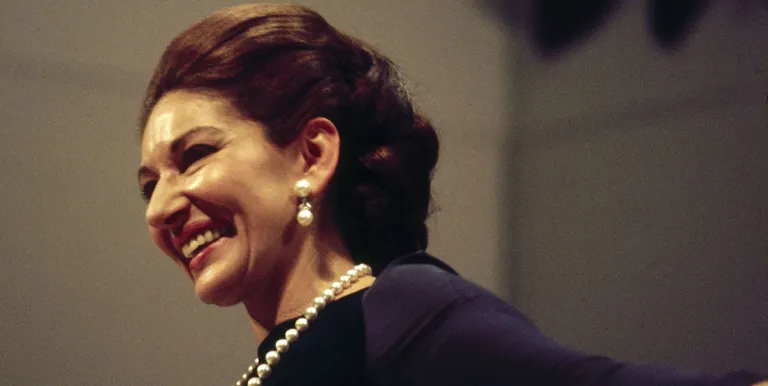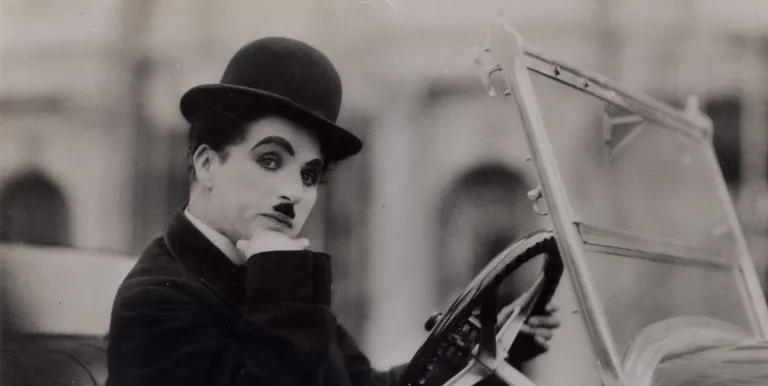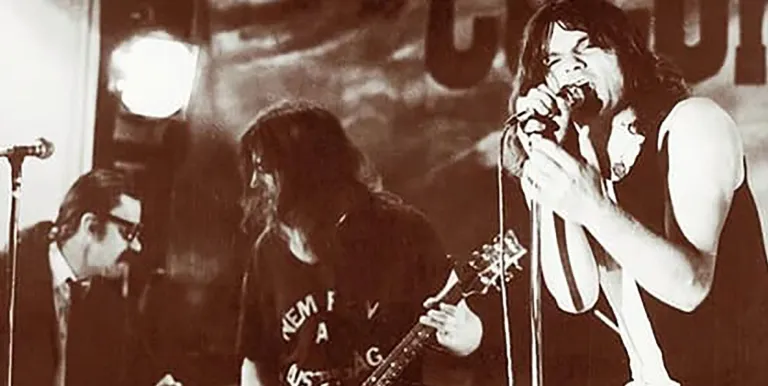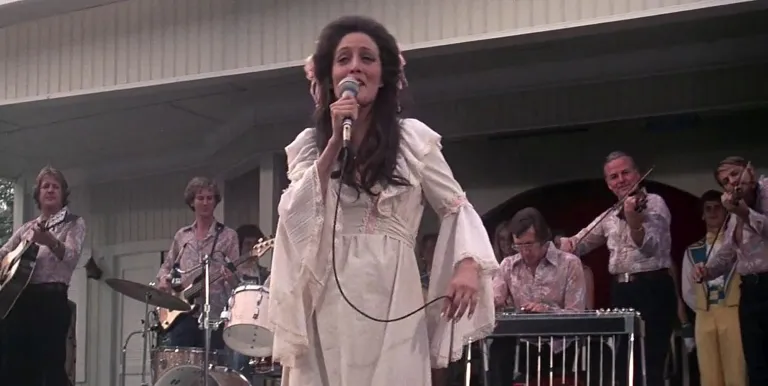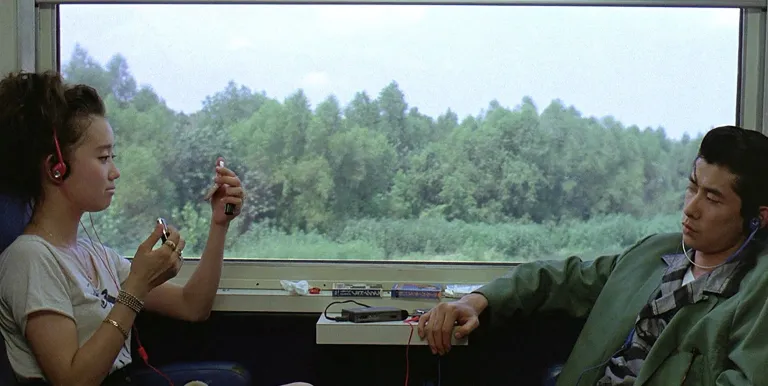Like some “theatre within a theatre” supplement to the libretto, Csaba Némedi's production of I puritani summons the spirit of Maria Callas to the Müpa Budapest stage as a tribute to the artistry and legacy of the legendary Greek prima donna assoluta in the anniversary year marking the four decades since her passing.
In the period around the world première of Bellini's opera, prima donnas would sing practically the entire operatic repertoire without regard for voice types – including lyric, dramatic and coloratura roles, and often mezzo-soprano and alto ones as well. However, by the early 20th century, it was not just the role of Elvira that had been taken over by lyric coloratura sopranos and even coloratura soubrettes, but also most female roles from the bel canto period requiring (high-pitched) coloratura skills. This process, which in many cases simply relied on “laryngeal acrobatics” to handle the given parts, seemed irreversible up until the mid-20th century. The emergence of Maria Callas launched the new interpretive movement that allowed for the revival and widespread rehabilitation of the entire bel canto repertoire, which she not only reconquered for richer voices with more volume, dramatic (penetrative) power and tools for expression: she also acted as a catalyst in launching the – still continuing – process known as the bel canto renaissance. The result of all this has been an appropriate emphasis on complex dramatic expression and evocative role creation, in addition to vocal perfection.
Nevertheless, the weight and shadow of Callas and her reforms of bel canto, along with the responsibilities they bring, has frequently proved a burden to subsequent generations of singers. Intendants and agencies in their multitudes, along with much of the wider public, continue to feverishly search for the “new Callas”. This, however, is not what Maria Callas taught us. What she did teach us is revealed by this performance.
Presented by: Müpa Budapest
-
We wish to inform you that in the event that Müpa Budapest's underground garage and outdoor car park are operating at full capacity, it is advisable to plan for increased waiting times when you arrive. In order to avoid this, we recommend that you depart for our events in time, so that you you can find the ideal parking spot quickly and smoothly and arrive for our performance in comfort. The Müpa Budapest underground garage gates will be operated by an automatic number plate recognition system. Parking is free of charge for visitors with tickets to any of our paid performances on that given day. The detailed parking policy of Müpa Budapest is available here.

